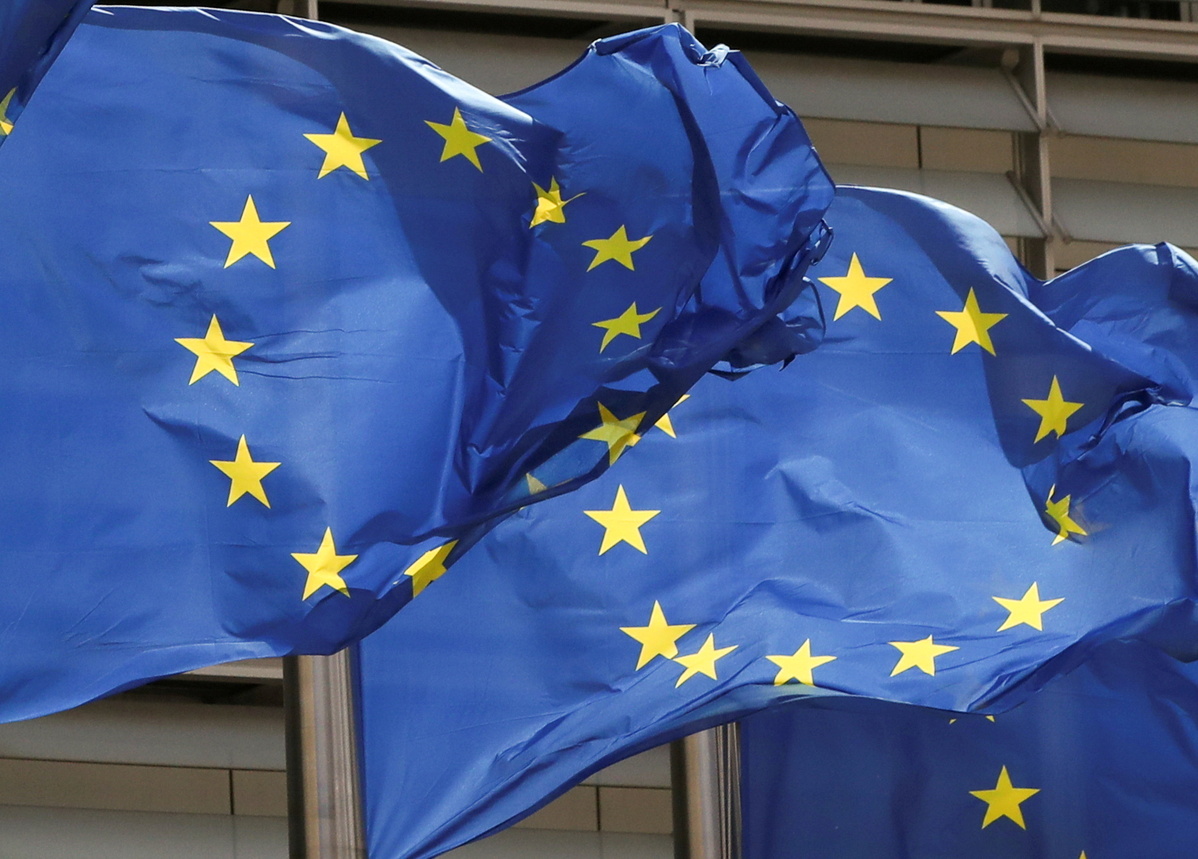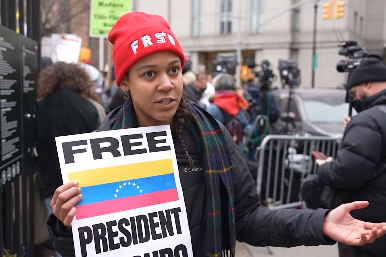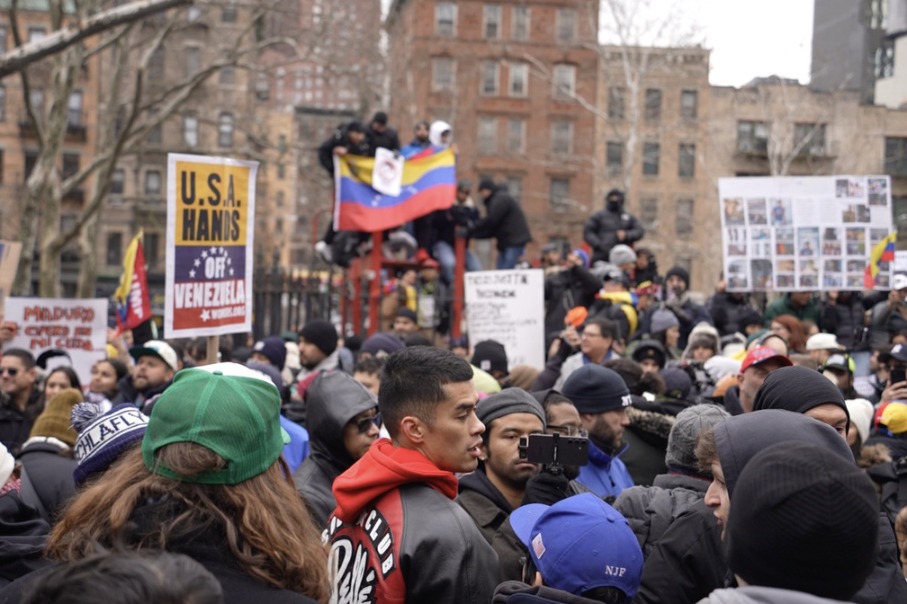Europe must wake up to wedge politics of US


On Sept 15, the leaders of the United States, the United Kingdom and Australia held a virtual summit and announced a technology-sharing deal under a trilateral security pact that was widely seen as a bid to counter China.
The most publicized part of the deal was that the US would now share its nuclear submarine technology with Australia, prompting Canberra to jettison a $90 billion order it had previously placed with France for conventional submarines.
The scrapping of the French deal provoked outrage from Paris, which said the betrayal "only reinforces the need to make the issue of European strategic autonomy loud and clear"-in other words, to be less dependent on the United States.
The US has effectively cheated France in pursuit of ensuring profits for its military-industrial complex. Although US President Joe Biden has frequently declared that "America is Back" and pushed a charm offensive in Europe, urging the region to "unite" against China, in reality US foreign policy has always been driven by the same old "self-interested" sentiment.
The approach has seen European countries used as a tool to advance US objectives, as opposed to a partnership, and readily undermining their interests when Washington has seen fit.
The US has a long-standing foreign policy approach of undermining critical European industries in favor of its own.
The administration of former president Donald Trump was particularly aggressive toward Europe. In the name of "America First", Trump relentlessly attacked European Union countries on trade, escalated the Boeing-Airbus dispute, and leveraged defense cooperation in a coercive manner.
However, because people pinned so much focus on Trump as an individual, European leaders erroneously assumed that Biden, who claimed he would support allies more, would reverse these policies and that transatlantic solidarity would be restored. As a result, they became more open to cooperating with the US on its desire to compete with and try to contain China.
On the eve of Biden's presidency, the EU and China reached a deal in principle for a comprehensive agreement on investment, wherein China would offer increased market access to European companies. The US, as made evident by Jake Sullivan, who currently serves as the national security adviser to the US president, openly opposed this deal on Twitter and demanded "preliminary discussions on China's economic practices" in the name of transatlantic solidarity.
The problem, of course, was that Europe was building a more preferential relationship with Beijing than what the US itself was getting. Thus, in the opening months of the Biden presidency, the White House moved to actively sabotage the deal between Brussels and Beijing.
In addition, Europe made some strategic mistakes. It decided to implement sanctions on China over the Xinjiang Uygur autonomous region, which led Beijing to respond with countermeasures. Then some European Parliament members voted to freeze the deal.
What happened? The US had effectively driven a wedge between the EU and China by pushing the EU toward confronting China, and in the process had undermined European interests. European countries perhaps calculated that in taking this risky position, they could extract concessions from the US, which would be willing to support them more and thus rebuild the solidarity perceived to have been lost under Trump.
However, as the submarine fiasco shows, what the US effectively does is bully and hoodwink Europe into following Washington's own foreign policy preferences, and then effectively undermine the European nations' interests in other areas anyway. This has led to a situation in which Europe has allowed itself time and time again to be self-harmed by its relationship with the US.
As France says, it is important now for Europe to exert its strategic independence and formulate a relationship with China that serves European interests, irrespective of what the US wants. Both parties should work together to overcome mutual differences, to implement the comprehensive agreement on investment and make themselves less susceptible to US wedge politics.
What Biden has demonstrated in his treatment of France is that "America First" is not just a trend under Trump, but is a long-standing feature of US behavior that treats Europe as a tool and not as a partner. It is time for lessons to be learned.
The author is a British political and international relations analyst.
































